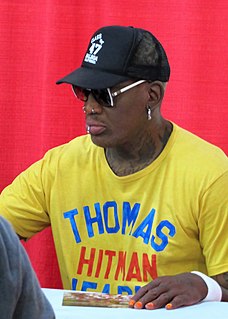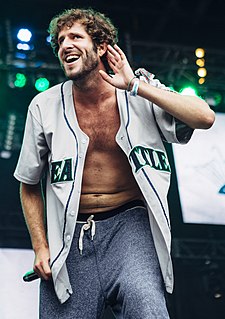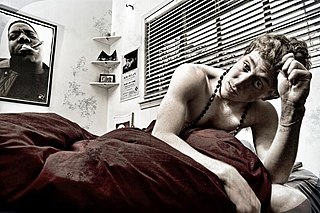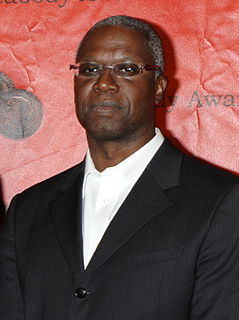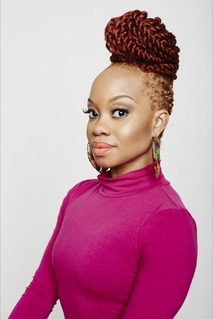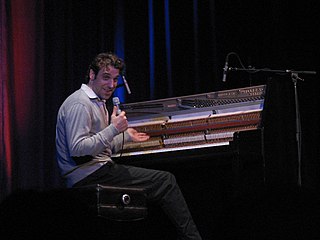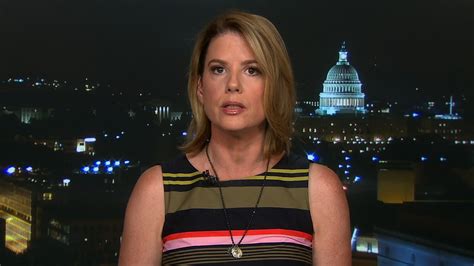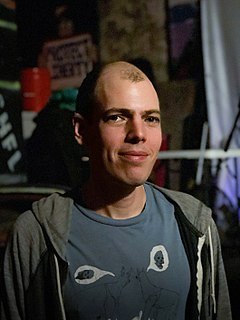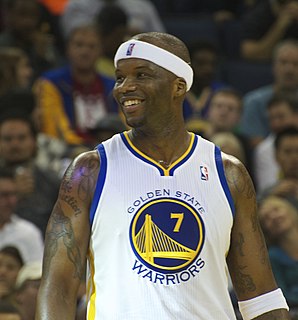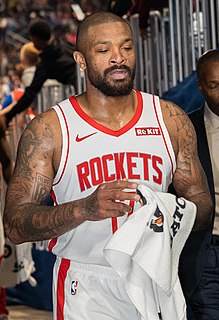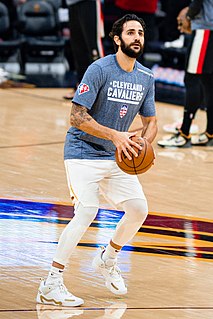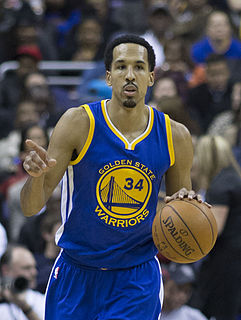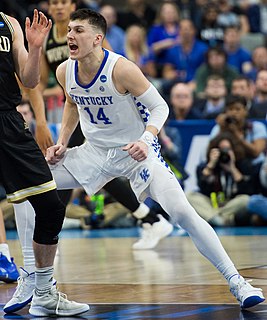A Quote by Dennis Rodman
I understand what rappers are talking about. I think rap is less about educating people about the black community and more about making money.
Related Quotes
Katherine Johnson never complained, it just was what it was. She just said, "I just wanted to go to work and do my numbers." And she stopped right there. I think about that as a Black woman in Hollywood when I'm asked about diversity. I hate when people say diversity because the first thing you jump to is Black and white. When you talk about diversity, you're talking about women being hired in front of and behind the camera. You are talking about people with disabilities, the LGBTQ community...so I hate when people think about diversity.
You guys are always going off about how much money you have. Do you realize what's going on in this world right now?' All these black rappers? African rappers? Talking about how much money they have. Do you realize what's going on in Africa right now? It's just like, you guys are disgusting. Talking about billions and billions of dollars you have. And spending it frivolously, when you know, the Motherland is suffering beyond belief right now.
I think, a lot of times, the mistake in music - even rappers that are trying to be big time - if you're broke, rap about being broke. If you're sensitive, rap about being sensitive, 'cause there are other sensitive people. If you're sensitive, but you talk about being a tough person that doesn't care about anything, people will call your bluff.
Remember, we're talking [in The Black Power Mixtape] about 1967, the year before [Martin Luther] King's assassination. We're talking about the emergence of black power, which is a discussion King mentioned in his last book, Where Do We Go from Here: Chaos or Community? We're talking about the meaning of black power and the possibility that it alienated our supporters, both white and black.
I think it's important for people to understand that dance, movement, choreography is about an experience and entertainment but it's also about perception and a lens. So when we're talking about a Black female's experience through a Black female's lens, that's going to be totally different from a Black female's perspective through a Black male's lens.
You have to know the forces that are against you and that are trying to break you down. We talk about the problems facing the black community: the decimation of the black family; the mass incarceration of the black man; we're talking about the brutality against black people from the police. The educational system.
If you're going to point out the ridiculousness of a rule, it's naïve to think that you can break it. It's the same way that rappers have embraced capitalism. Some people say they liked it better when rap was a literal protest form in the '90s. But I think it's more a form of protest today, because it's telling the story of what happens once something forbidden is within reach. I think rap is more political today when it speaks about luxury watches than it does about fighting the power.
She [Hillary Clinton] knows the people well. I think there is - you know, also talking about breaking down barriers and talking about that, whether we`re talking about that in economic terms. I mean, she`s the only person who has been out there talking about white privilege and talking about sort of the intersectionality of some of these issues.
Historically it has been a touchy subject, especially in the south where I am from, people don't really talk about it. If they do talk about it, it is often talked about negatively. Nowadays in light of the Black Lives Matter movement I think people should pay attention to these lives also. I think the Black community will really embrace the film [Moonlight]. It is about us. It is real.
